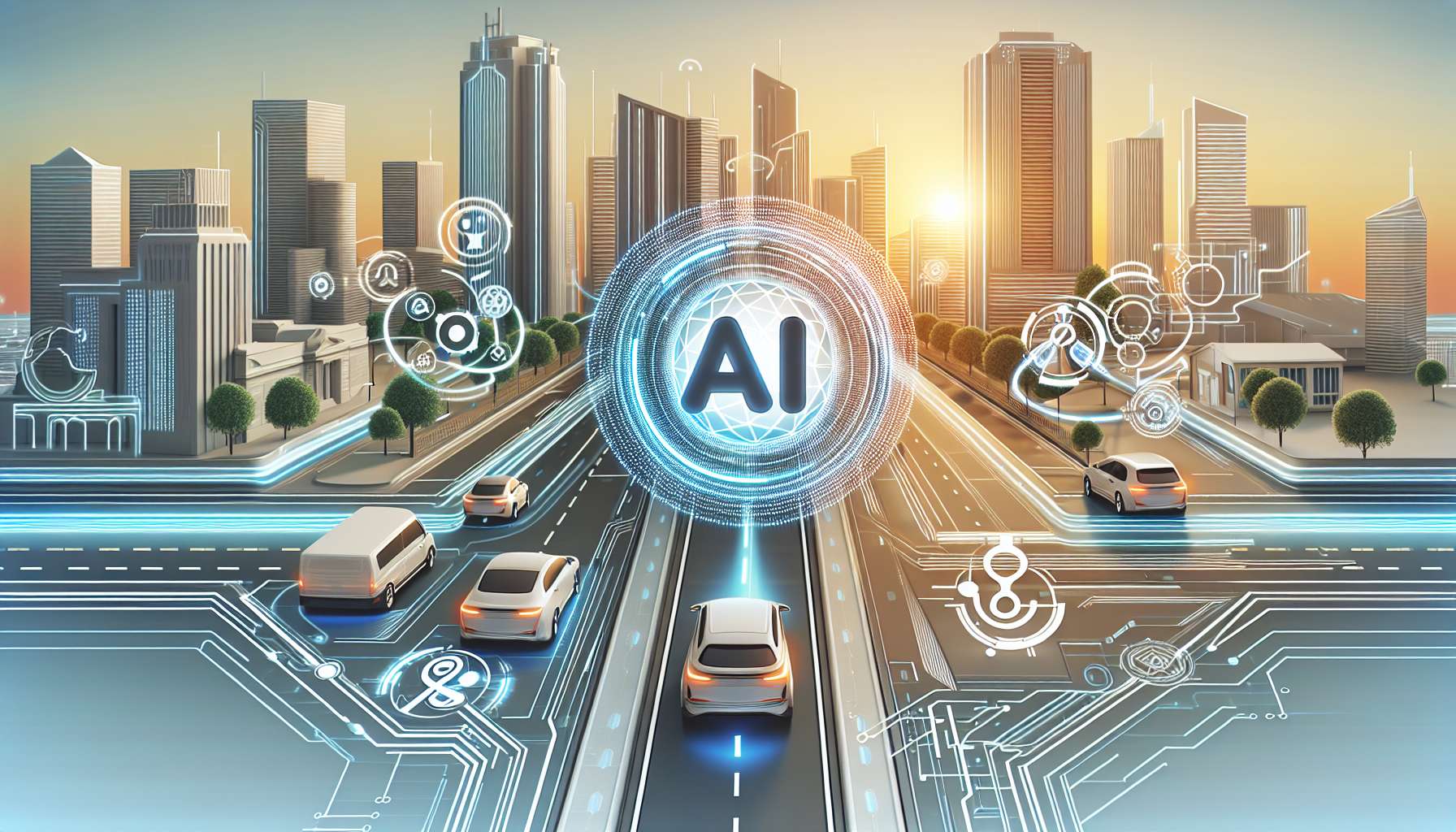AI-powered autonomous vehicles have the potential to revolutionize the way we travel, offering increased safety, efficiency, and convenience. However, as these vehicles become more prevalent on our roads, it is crucial to consider the ethical implications of their use.
One of the primary ethical considerations surrounding AI-powered autonomous vehicles is the issue of decision-making in emergency situations. For example, if a vehicle is faced with the choice of swerving to avoid a pedestrian but potentially putting the passengers at risk, how should it be programmed to respond? This raises questions about the value of human life versus other factors, such as property damage or the number of lives at stake.
Transparency is another key ethical consideration. It is essential that the decision-making processes of AI systems in autonomous vehicles are transparent and understandable to users and regulators. This transparency is crucial for building trust in the technology and ensuring accountability in the event of accidents or malfunctions.
Privacy is also a significant concern when it comes to AI-powered autonomous vehicles. These vehicles collect vast amounts of data about their surroundings and passengers, raising questions about who has access to this data and how it is used. Protecting the privacy of individuals while still harnessing the benefits of data collection is a delicate balance that must be carefully managed.
Furthermore, there are concerns about the potential impact of autonomous vehicles on employment. As these vehicles become more widespread, there is the possibility of job displacement for drivers and other transportation-related professions. It is essential to consider the social and economic implications of this shift and work towards solutions that mitigate any negative consequences.
In conclusion, the development and deployment of AI-powered autonomous vehicles raise a host of ethical considerations that must be carefully addressed. By prioritizing transparency, privacy, safety, and social impact, we can ensure that these technologies are developed and used in a way that benefits society as a whole.








